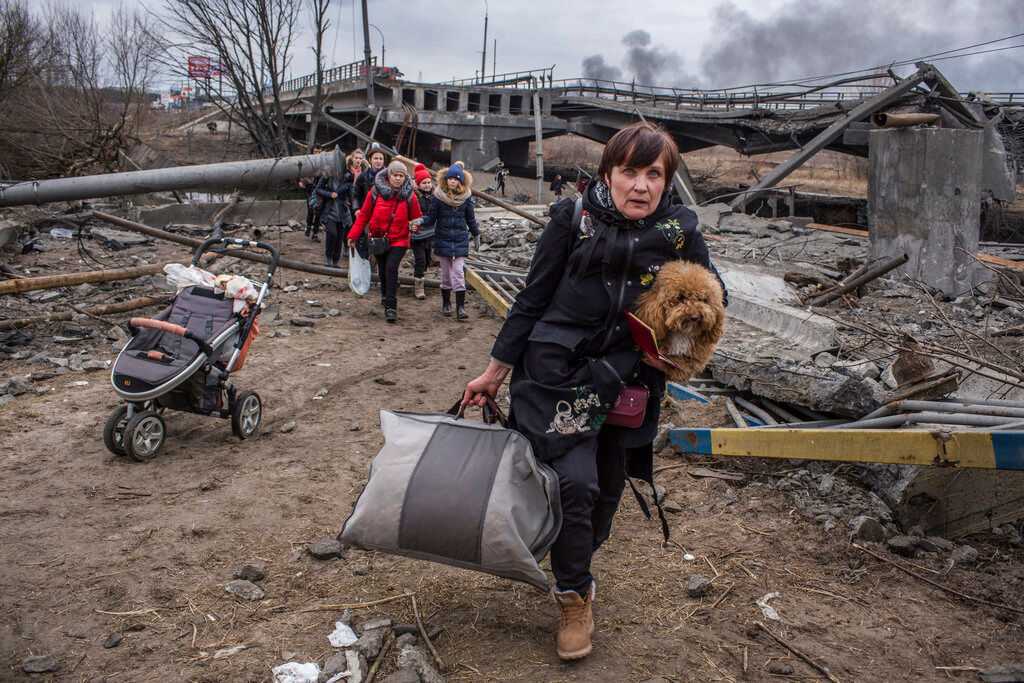Around 1,700 people are being “evacuated” on a daily basis from the beleaguered Ukrainian city of Mariupol and several other towns “to the Volodar temporary accommodation center for evacuees,” according to a statement by Denis Pushilin, the head of the pro-Russian Donetsk People’s Republic, on Sunday.
“In turn, the same number of people are leaving it,” Pushilin said in a statement on Telegram. He further referred to a settlement known as Nikolske which lies about northwest of the port city Mariupol.
“Residents of Mariupol and other settlements that are being liberated from the occupation of the Kyiv regime arrive here,” Pushilin said.
“People are provided with basic necessities, medical care, and then evacuated to the Russian Federation,” he added.
Several Ukrainian officials have accused the Kremlin of deporting people into the Russian Federation under duress.
Also Read: Ukrainian students overseas fret about relatives, the future
On Saturday, Ukrainian Deputy Prime Minister Iryna Vereshchuk said that nearly 40,000 Ukrainians have been coercively deported to Russia since the beginning of the war on February 24, according to an estimate by Ukraine’s government.
Vereshchuk has previously accused the International Committee of the Red Cross (ICRC) of taking a “very questionable decision” to set up an office in the Russian city of Rostov-on-Don, adding that the office is facilitating Russia’s forcible deportation of citizens of Ukraine.
Also Read: Ukraine MP not reassured of US help despite Biden’s speech in Poland
The accusation has been denied by the Red Cross, who addressed the claim as “false information circulating online.”
“We never help organize or carry out forced evacuations. This is true in Ukraine. This is true for everywhere we work around the world. We would not support any operation that goes against people’s will,” the ICRC wrote on Twitter.
In the statement, the Red Cross clarified it had no office in Rostov, but was, “scaling up our regional set up to be able respond to needs where we see them.”
“Our priority is to ensure a steady supply of lifesaving aid reaches people, wherever they are,” the ICRC added.







